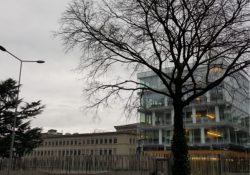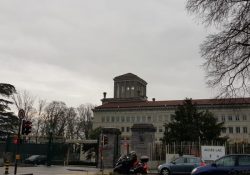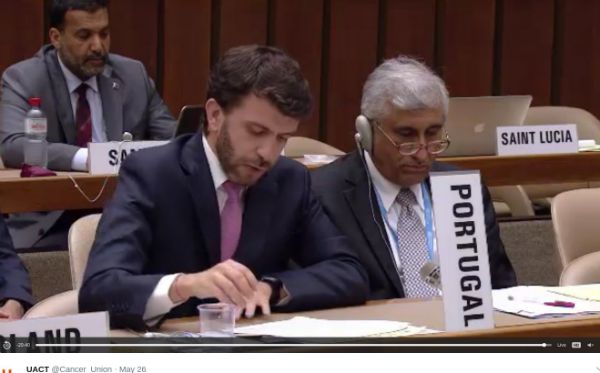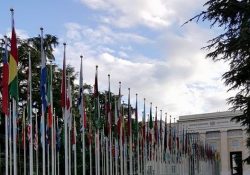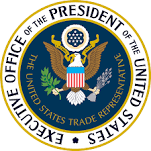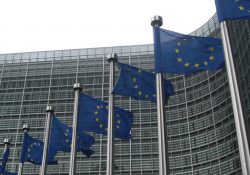SCP26: Statement of Knowledge Ecology International on Patents and Health (July 4th, 2017)
On July 4th, 2017, Andrew Goldman delivered Knowledge Ecology International’s intervention on patents at health at the 26th session of the WIPO Standing Committee on the Law of Patents (SCP).
KEI Statement on Patents and Health
WIPO Standing Committee on the Law of Patents – 26th SessionJuly 4th, 2017
Since the African Group and Development Agenda Group first tabled their proposal on a work program on patents and health in May 2011, much has happened.

